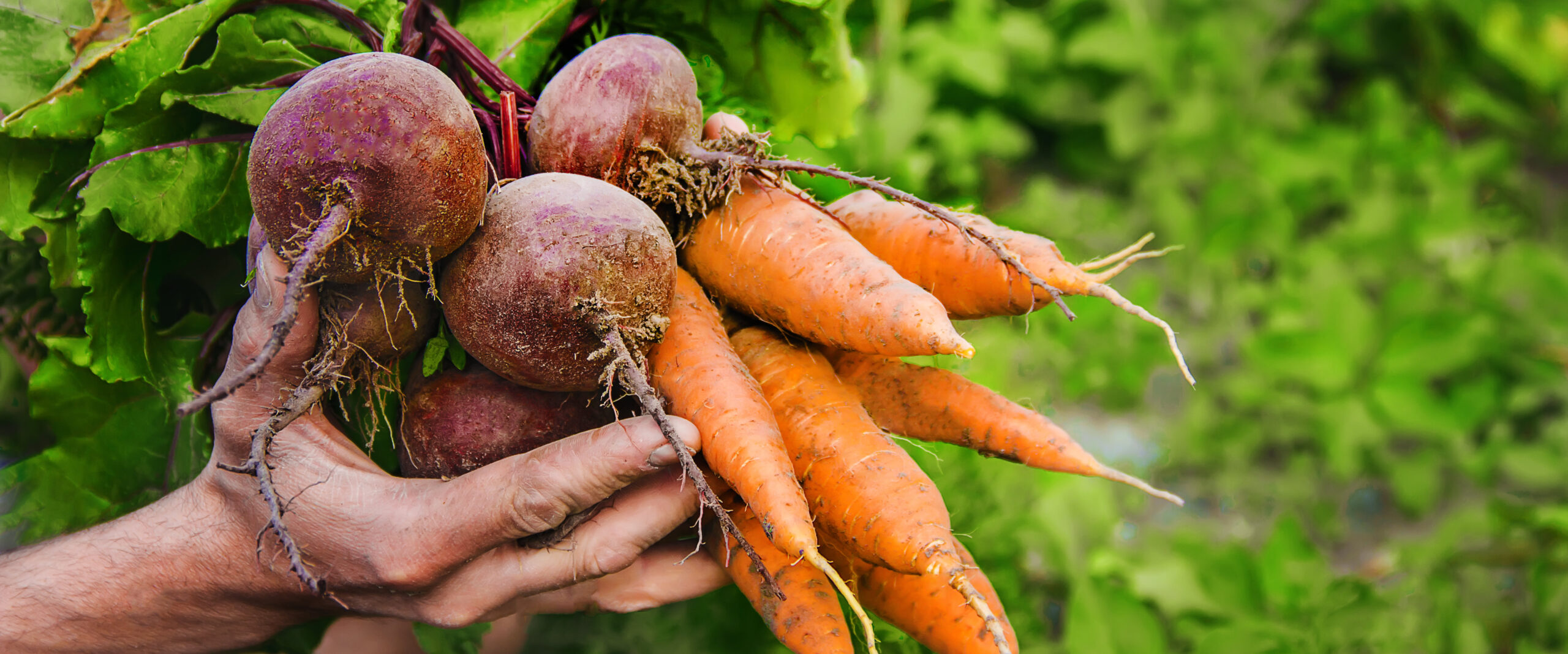The golden rule on this one is to put our trust in nature. In vegetables nitrates come from the soil, in bacon, man put them there. There’s a bit more science to it but the bottom line is, that nitrates in bacon are bad, in veggies, nitrates are good!
The words evidence-based are used a lot these days for good reason. Social media has such a strong influence on behaviour and purchasing decisions it’s important to rely on data and science before we jump to any conclusions. With science we can place our trust: That is until the science becomes conflicting.
Take nitrates for example. For many years I have encouraged people to limit their intake of processed meats containing nitrates. Added to salami, bacon, ham, and other processed meat, nitrates are used to suppress harmful bacteria. The science is quite clear. Nitrates added to processed meat increase the risk of bowel cancer.
While that is true, nitrates in meat products account for only around 5 percent of our nitrate consumption. Most of the nitrates we get through food comes from vegetables straight from the soil, and it’s here where nitrates are now known as being healthful.
Why are some nitrates healthful and others harmful?
Although the chemical composition of nitrates in vegetables and processed meats is the same, it’s what happens to them in the body that can turn them from healthful to harmful.
In the presence of amino acids from protein, nitrates react with bacteria found in our mouth and turn into nitrites. In the highly acidic environment of the stomach these nitrites can change into cancer-causing compounds called carcinogenic nitrosamines.
In the absence of protein, and containing protective plant nutrients like vitamin C, polyphenols and fibre, nitrates in vegetables, do not produce nitrosamine. Instead, they are used to form nitric oxide, and gas in the cardiovascular system, which helps to dilate blood vessels, lower blood pressure, and protect the body from infection.
Which vegetable have the most nitrates?
Naturally occurring dietary nitrates found in vegetables such spinach, rocket, carrots, beetroot, and celery can lower blood pressure and enhance exercise performance. Beetroot juice appears to have the most significant impact on blood pressure. Separate studies have consistently shown that a daily drink of nitrate-rich beetroot juice reduces high blood pressure and improves blood vessel flexibility and tone.
The bottom line is that nitrates in bacon are bad and in veggies, nitrates are good. Maybe the bottom line on this one is that we should trust nature before science and learn to eat more vegetables.





Recent Comments